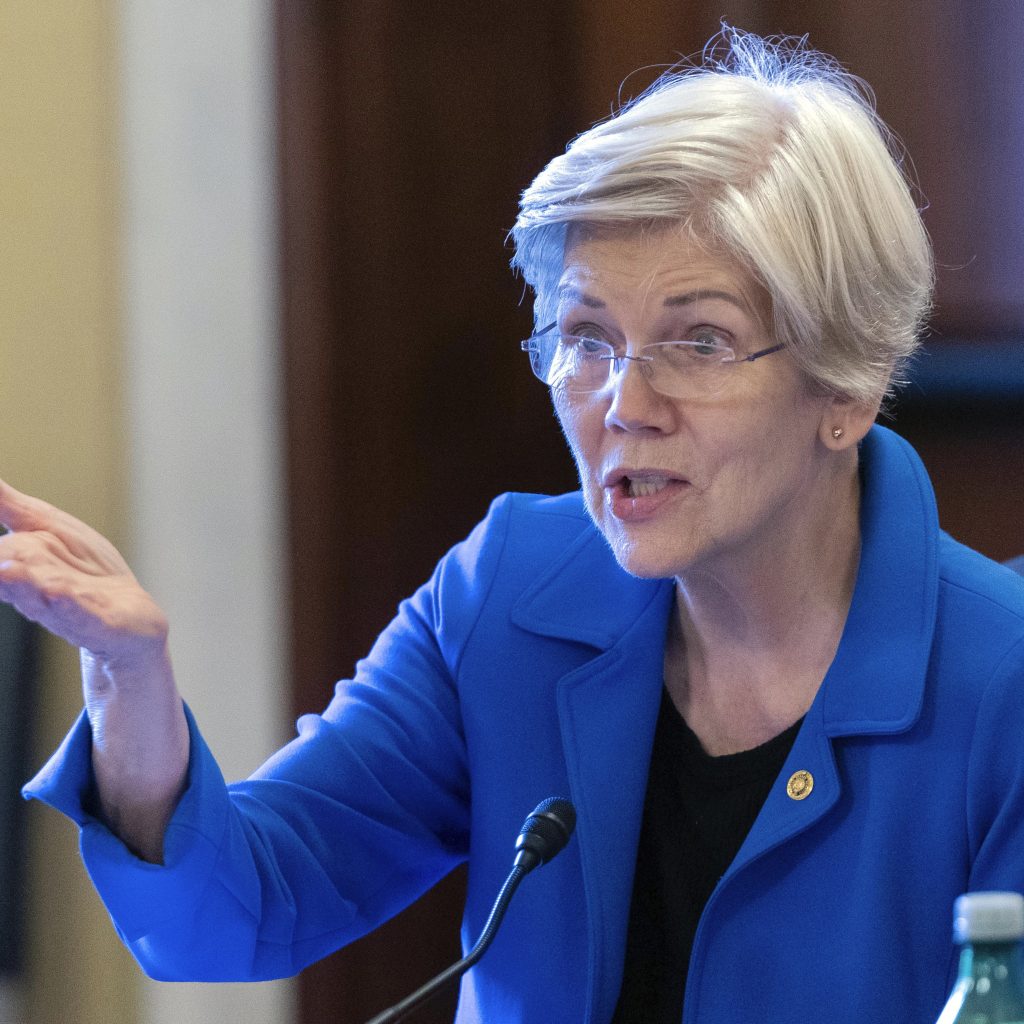Economic tides shift, and in a landmark decision, the BRICS economic bloc has decided to cut ties with the US dollar for its trade settlements. A move that’s bound to create ripples across global economic waters.
A Shift Towards Local Currencies
This monumental decision is not a mere whim; it has been a steady journey for the BRICS nations to shift focus toward their local currencies, especially on the international stage.
The move stands as a testament to the bloc’s resilience and strategic foresight, given the dominant role the US dollar has played in the world economy for decades. What prompts such a massive move, you ask? Well, the answer lies in the bloc’s recent strategies and announcements.
Brazil’s audacious leader, Luiz Inacio Lula Da Silva, not only confirmed this radical step but also declared the expansion of the alliance. By 2024, the BRICS umbrella will shelter six more nations.
While the specifics remain under wraps, the intrigue builds. What does this mean for the global economic order, and more importantly, for the once mighty US dollar?
The Summit that Changed the Game
The global community’s gaze fixed on the BRICS summit, an event that promised revelations and strategies that could redefine geopolitical dynamics.
Among the myriad of discussions and debates, two topics were under the limelight: the promotion of local currencies and the potential expansion of the bloc.
The revelation to ditch the dollar didn’t emerge from a vacuum. It is rooted in a well-thought-out strategy presented by Brazil’s da Silva. His vision was clear: to enhance payment options and fortify the BRICS nations against economic vulnerabilities.
This isn’t just about trading mechanisms; it’s about power dynamics and asserting independence in a world too dependent on traditional giants. Interestingly, the momentum of this movement doesn’t solely belong to the existing BRICS members.
The intrigue intensifies as the alliance gears up to embrace new members, with countries like Saudi Arabia, the UAE, and Iran waiting in the wings. The potential exit of oil sales from the dollar’s domain presents a scenario that is sure to keep global economists and policymakers on their toes.
What the introduction of these heavyweight economies means for the US dollar and its longstanding dominance is a narrative worth watching. For some, this could be seen as BRICS challenging the status quo.
For others, it might be a reminder that in the ever-evolving world of geopolitics, no single currency, no matter how powerful, can rest on its laurels. The ramifications of this decision are undeniable, and they resonate louder given the historical dominance of the greenback.
In closing, the BRICS decision is not just an economic one; it’s a bold statement. It sends a message to the world: traditional powerhouses and currencies can be challenged, new alliances can form, and the future?
Well, it’s as unpredictable as ever. But one thing is for sure, with these recent shifts, the global economic and political landscape will never be the same again.





